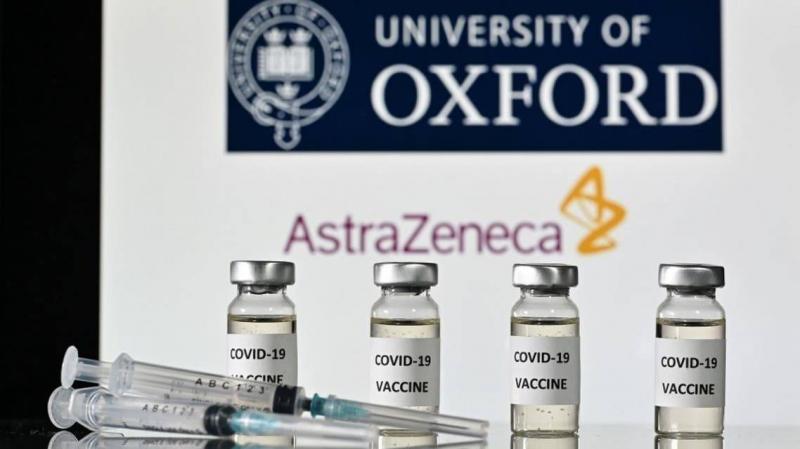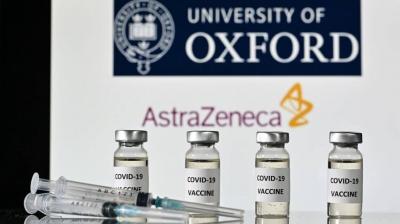The University of Oxford stated that there is no evidence that current vaccines will not provide some protection against the Omicron variant, while scientists rush to assess the new COVID-19 mutation. The university confirmed on Tuesday that despite the emergence of new variants over the past year, vaccines continued to offer very high levels of protection against severe disease, and there is currently no evidence that Omicron is completely different.
Pharmaceutical manufacturers are hastening to test their vaccines and treatments against Omicron amid indications that it could spread more rapidly and evade vaccine protection due to the large number of spike proteins present on it. Companies and scientists alike have stated that it will take a few weeks to understand the true impact, with little data available so far.
AstraZeneca, which collaborated with the University of Oxford to develop a COVID-19 vaccine, is testing its vaccine and is already conducting research in countries like Botswana. Oxford added that they have "the tools and processes in place" to quickly modify the vaccine to target Omicron if necessary.
Pfizer stated that it will know within the next two to three weeks how well its vaccine works against Omicron, while executives from Moderna confirmed that the numerous mutations in the variant indicate a need for new vaccines. The head of the European Medicines Agency expressed doubt in the European Parliament on Tuesday about whether adjustments would be necessary, but noted that it could take three to four months to approve a new version of a developed vaccine.
The Omicron variant has raised alarm among scientists due to the high number of mutations it contains, far more than the highly transmissible Delta variant. Most of these changes relate to the virus's spike protein, which it uses to enter cells and which has been the target of currently authorized vaccines.




